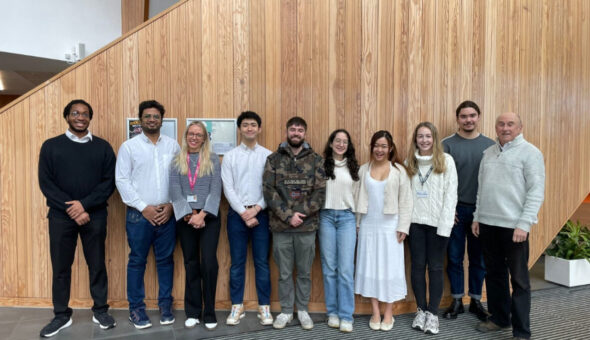Dr Yukteshwar Kumar (pictured on the left) is the Course Director for the MA in Translation and Interpreting (Chinese Stream) at the University and has been teaching at Bath for more than 11 years. Prior to joining the University, he taught at several leading Indian universities, including the University of Delhi, Visva-Bharati, Santiniketan and Jawaharlal Nehru University (JNU) in a variety of capacities. He has also served as a Nehru Fellow at Peking University, China (1999 -2001). Dr Kumar is one of the few, possibly only, Indian academics today to teach Chinese in a top western University. During his career, Dr. Kumar has also interpreted for top level Chinese and Indian leaders, including the Chief Justices of India and China and Foreign Minister of China. He has also contributed numerous articles in both Chinese and English for various English and Chinese papers and journals and featured in electronic media including the BBC. Dr. Kumar has also served as a visiting professor and academic at various universities in China and has taught there at post-graduate level.
What can you see outside of the window?
Not much, because I am mostly engrossed with my work on the PC. However, sometimes, I can see part of 3 East.
What does your average day at work involve?
A lot of reading and writing. I read Chinese and English journals and magazines, and prepare materials for my classes. I also listen to online Chinese and British television broadcast almost daily. Some days, I'll find an interesting and relevant Chinese or English speech, in which case I'll record it. Quite a lot of my time is spent on replying to emails from my tutees and other students. Responding to work-related emails from colleagues at the University takes at least an hour every day.
Why do you think teaching at your university is important?
An ancient Chinese proverb says, ‘If you are planning for a year, sow rice; if you are planning for a decade, plant trees; if you are planning for a lifetime, educate people.’ Hence, teaching at higher institutes of learning is extremely important to me and most satisfying. I could have earned much more as a Chinese interpreter and translator, for example, but teaching is something that I absolutely love and am very passionate about.
"An ancient Chinese proverb says, ‘If you are planning for a year, sow rice; if you are planning for a decade, plant trees; if you are planning for a lifetime, educate people."
What do you hope the impact of your teaching will be?
Inspiring students, making them become part of a responsible law-abiding system, making them aware of local and international issues so they can contribute to society and to creating a more peaceful world. Some of my students work at the highest level, interpreting for global leaders. I hope that, in whatever capacity, they can help to make this world a better place in which to live and work.
Who has inspired you most in your career?
If I had to name one person, then without an iota of doubt it would be my guru, Professor Tan Chung who taught me at university level and his father started teaching Chinese in India with active collaboration from the first non-white noble laureate Gurudeva Rabindrnath Tagore, who founded a school which became a premier University in his life time, where I have also taught for almost 11 years.
When did a lecture/presentation go wrong and how did you overcome it?
Touch wood, nothing has gone wrong, as long as I can remember. I am good with technology so technical glitches do not really affect me.
Recommend a book, film or album from the past year.
'China: A 5,000-year Odyssey' by Prof. Tan Chung, published in August 2018. It's an absolute must for anybody who wants to understand this mystical oriental country.
What is the biggest change that you've seen in teaching since you started your career?
I started teaching in 1993 when there were no computers, no overhead projectors, etc. in India (I'm not sure if they were here in the UK then). With limited technological help, it was mostly 'talk and chalk', but today, I use a lot of technology in my teaching. Most of my classes are either held in state-of-the-art digital interpreting labs or recorded in a TV studio. Whereas before I had to wait for months to read a Chinese journal, today I can read it instantly on the Internet and share it with my students.
What piece of advice would you give to someone just starting out in teaching at your university?
Believe in yourself, be confident and treat each student as a friend not as a subordinate.
What three things would you take to a desert island?
Books by Professor Tan Chung, an i-pad with loads of Chinese videos and a badminton racket.
Responses




It has been a blessing for me to become your student and many thanks for your enduring encouragements. They mean a lot to me. My best wishes for you and your family as always, dear Dr. Kumar!
Well said by Dr. Kumar. I know him very well; he is so energetic, passion for Chinese culture and literature. Very helpful and supportive to students. He always thinks about student’s improvement, development and he is friendly. He has a good network. Many things to learn from him apart from Chinese literature